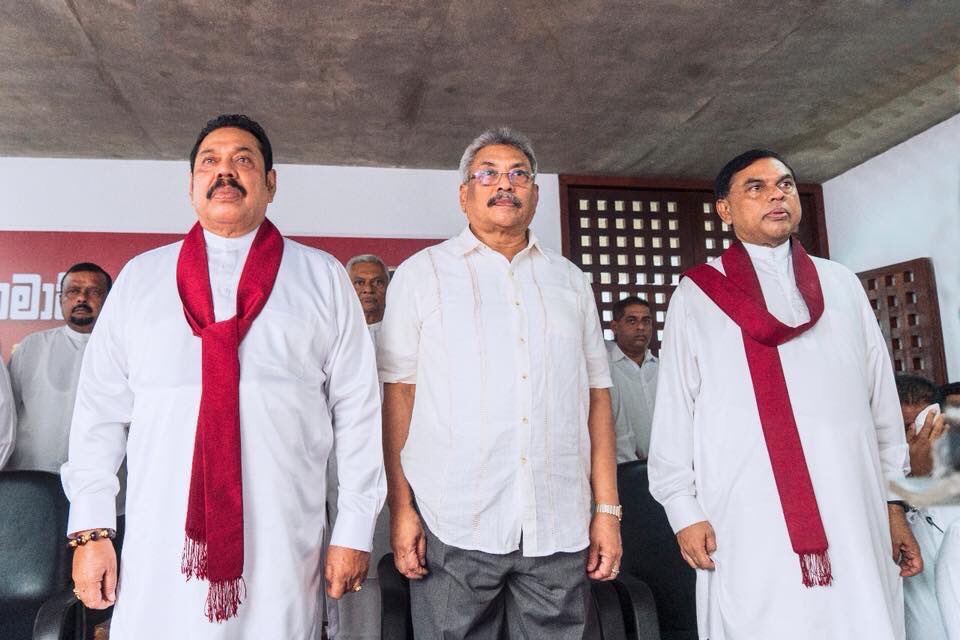Supreme Court rules against the Rajapaksa government over economic crisis
The petition to the Supreme Court blames the former government for causing a fall in state revenues because of tax breaks, its decision to continue accumulating sovereign debt without any restructuring, and the refusal to seek assistance from the International Monetary Fund. The former president and finance minister has rejected the validity of the court's ruling.
Colombo (AsiaNews) – Sri Lanka’s Supreme Court has ruled that the top officials in a former Sri Lankan government were “well-responsible figures” for the country’s current economic mess.
On Tuesday, the highest court determined that former President Gotabaya Rajapaksa, former Prime Minister Mahinda Rajapaksa, former Finance Minister Basil Rajapaksa (all brothers), the former governors of the Central Bank of Sri Lanka W.D Lakshman and Ajith Nivard Cabraal, former Treasury Secretary S.R. Attygala, and former Secretary of the President Dr P.B. Jayasundera violated the public trust and breached Article 12, paragraph 1, of the Constitution, in their administration of the economy, leading to the country’s economic crisis.
Reacting to the ruling, former president and former finance minister Mahinda Rajapaksa said he would not accept the Supreme Court's judgment.
The Court's decision stems from a petition by Transparency International (TISL), and was signed by Jehan CanagaRetna, former Ceylon Chamber of Commerce President Chandra Jayaratne, swimming champion Julian Bolling, and Dr Mahim Mendis of Sri Lanka Open University, among others.
Following the ruling, TISL stressed that its petition was made in the public interest, considering the lack of accountability and transparency in the decision-making process by the high offices of the state that brought Sri Lanka to its knees.
As a result, food, medicine, and fuel are today in short supply in the country, affecting the entire population.
Finally, the petition points out that the reduction in state revenues caused by the tax breaks of the former government, the decision to continue accumulating sovereign debt without any restructuring, and the refusal to seek assistance from the International Monetary Fund were among the main factors that caused the economic crisis.
The Supreme Court's ruling was issued on the basis of the opinion of the majority of the five-judge bench – Chief Justice Jayantha Jayasuriya, PC, and Justices Buwaneka Aluwihare, PC; Priyantha Jayawardena, PC; Vijith Malalgoda, PC; and Murdu Fernando, PC. Four voted in favour of the petition, with only one dissenting voice, that of Justice Priyantha Jayawardena.
The Court's ruling notes that the members of the previous legislature should have known what could have happened to the country and should have taken action to resolve the situation. Instead, they did not act and did not take proper steps to remedy the situation in the interest of the country.
The signatories of the petition that led to this landmark ruling turned to the court in the collective interest and did not seek compensation.
07/02/2019 17:28
13/12/2019 20:56







.png)










